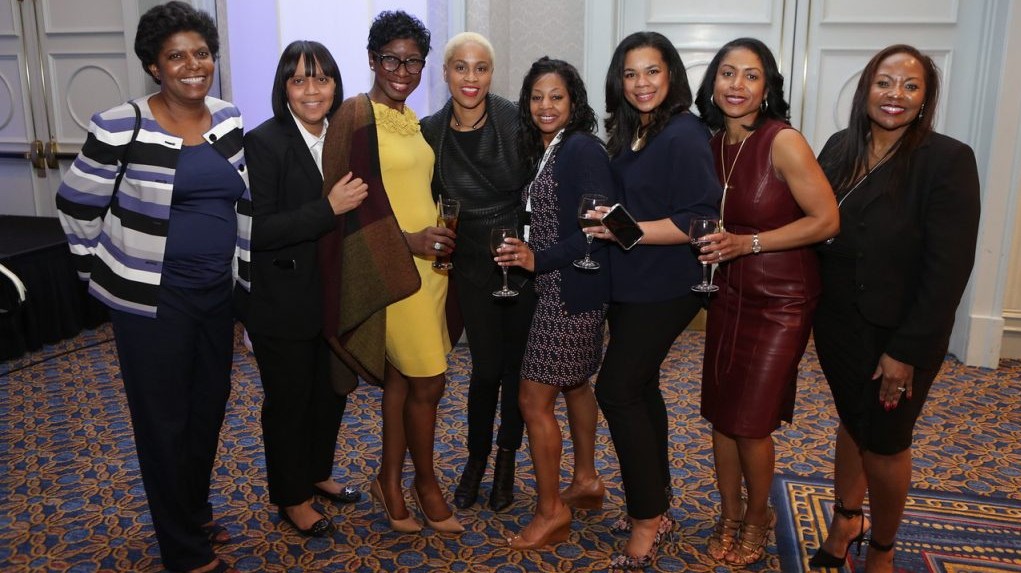Both women and men working in natural resource sectors, such as agriculture, are likely to be affected by climate change. However, the impact is not the same and women's vulnerability stems from a number of factors -- social, economic, and cultural.
Advancing gender equality in the context of the climate crisis and disaster risk reduction is one of the greatest global challenges of the 21st century.
Women are increasingly being recognized as more vulnerable to climate change impacts than men, as they constitute the majority of the world's poor and are more dependent on the natural resources that climate change threatens the most.
At the same time, women and girls are effective and powerful leaders and change-makers for climate adaptation and mitigation. They are involved in sustainability initiatives around the world, and their participation and leadership result in more effective climate action.
Continuing to examine the opportunities, as well as the constraints, to empower women and girls to have a voice and be equal players in decision-making related to climate change and sustainability is essential for sustainable development and greater gender equality. Without gender equality today, a sustainable future, and an equal future remains beyond our reach.
This International Women’s Day, let’s claim “Gender equality today for a sustainable tomorrow”.
by the UN





